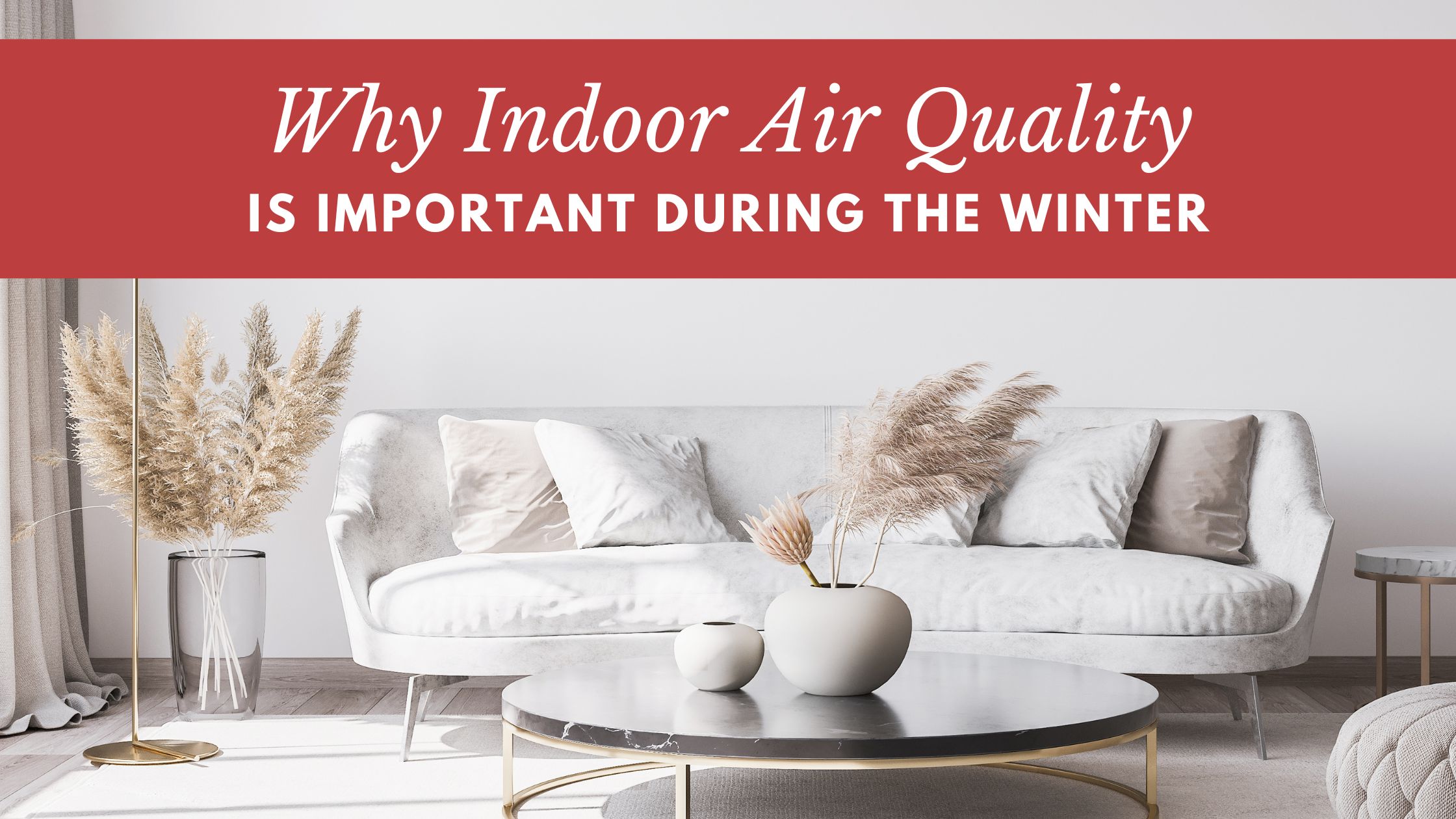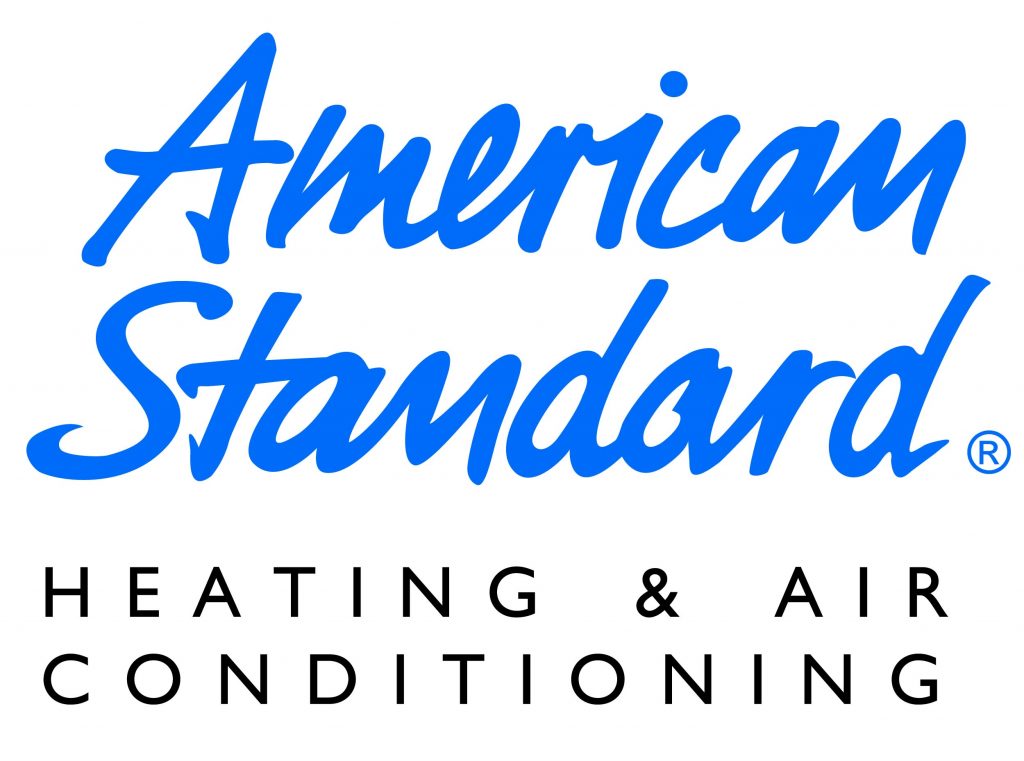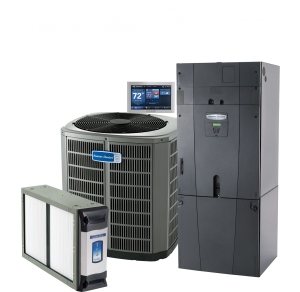Indoor Air Quality In the Winter
During the winter months, many of us spend a significant amount of time indoors due to the cold weather. While we focus on keeping ourselves warm and cozy, one aspect that often goes overlooked is indoor air quality. Maintaining good air quality in our homes during this time is crucial for our overall health and well-being.
The Importance of Indoor Air Quality
Indoor air quality refers to the cleanliness and purity of the air inside buildings and structures. It includes factors such as the presence of pollutants, temperature, humidity levels, and ventilation. Poor indoor air quality can lead to various health issues, including respiratory problems, allergies, and asthma.
Winter Challenges
The winter season poses specific challenges to maintaining good indoor air quality. First and foremost, we tend to keep our doors and windows closed to conserve heat. While this is important for energy efficiency, your air must be constantly circulating to ensure air doesn’t become stagnant.
Secondly, we rely heavily on heating systems during winter, which can further impact air quality. Furnaces, fireplaces, and wood-burning stoves may release carbon monoxide, nitrogen dioxide, or other harmful gasses when not properly maintained or ventilated. These pollutants can accumulate indoors and cause health problems if not addressed.
Lastly, the lack of moisture in the air during winter can lead to dryness and irritation of the respiratory system. This can trigger existing respiratory conditions and make individuals more susceptible to infections like the common cold and flu.
Tips for Improving Indoor Air Quality
Fortunately, there are several measures we can take to enhance indoor air quality during the winter:
- Clean and maintain heating systems: Ensure that your heating systems, including furnaces and fireplaces, are regularly cleaned and inspected for proper operation by having professional maintenance performed.
- Use air purifiers: Consider investing in high-quality air purifiers to filter out pollutants and allergens from the air inside your home.
- Keep humidity levels balanced: Use humidifiers or dehumidifiers to maintain optimal humidity levels, typically between 30% and 50%, as dry or excessively damp air can negatively impact health.
- Regularly clean and dust: Vacuum, sweep, and dust your home consistently to minimize the accumulation of indoor allergens like dust mites, pet dander, and mold spores.
- Avoid smoking indoors: Cigarette smoke contains a range of harmful chemicals that can compromise indoor air quality. Make your home a smoke-free zone.
- Monitor carbon monoxide levels: Install carbon monoxide detectors in your home to detect any leaks from heating systems or other potential sources.
By following these tips and being mindful of indoor air quality during the winter season, you can create a healthier living environment for yourself and your loved ones.
In conclusion, maintaining good indoor air quality is of utmost importance, particularly during the winter when we spend more time indoors. By understanding the challenges posed by the colder months and implementing practical measures to improve air quality, we can ensure a healthier and more comfortable living space for ourselves.
Contact Us
If you need HVAC maintenance or indoor air quality solutions, be sure to contact Legacy Heating & Cooling! We are one of West Alabama’s best heating and cooling contractors, and above all we are committed to providing you with the highest quality comfort HVAC systems. No matter the season or the sport we are here to help provide your home with anything you need. Call us today at 205-364-1044 or visit our website!












